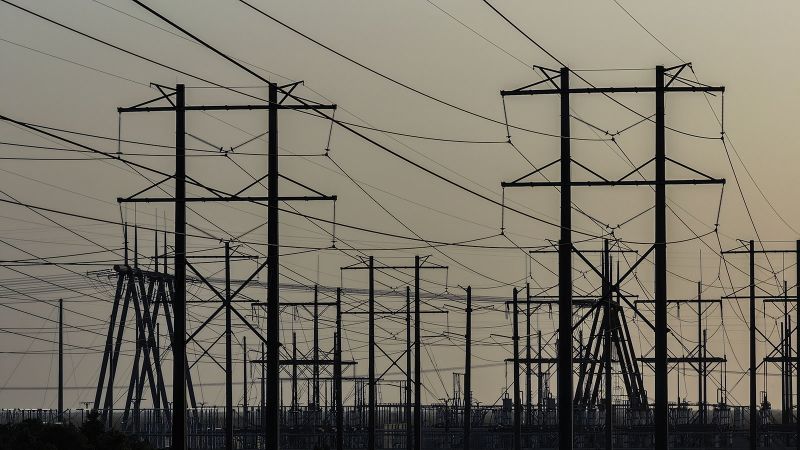In light of escalating tensions between the United States and Iran, heightened cybersecurity measures are being implemented across critical infrastructure sectors throughout the United States. Key facilities such as hospitals, water dams, and power plants are particularly vigilant due to the potential for Iranian cyberattacks, which could be orchestrated as a form of retaliation for recent U.S. airstrikes targeting Iran’s nuclear sites. This situation poses a comprehensive challenge, as U.S. officials are acutely aware of the threats posed by state-sponsored hacking groups from Tehran.
Over the weekend, the U.S. government demonstrated a decisive military approach by conducting airstrikes on three nuclear sites located within Iranian borders. The gravity of these actions has precipitated a flurry of intelligence activities, with officials actively monitoring the dark web for indications of Iranian cyber activity. Reports indicate that numerous hospitals have reached out to the FBI regarding their current threat assessment, necessitating a coordinated response to observed vulnerabilities.
The current geopolitical climate necessitates vigilance given the ease with which Iranian operatives can retaliate through cyberspace rather than more conventional military means. Cybersecurity experts cite past instances where hackers linked to Iran have infiltrated American hospitals and essential water facilities, underscoring the potential risks associated with such cyber hostility. According to Adam Meyers, a senior vice president at the cybersecurity firm CrowdStrike, Iran’s kinetic actions appear to be matched by potential cyber warfare tactics. He suggests that cyber operations provide a layer of deniability, allowing for plausible deniability in response to actions perceived as aggressive.
Thus far, experts such as Meyers have not reported any new confirmed breaches linked to Iranian hackers. However, increased scanning for vulnerabilities on U.S. networks by Iranian-affiliated hackers has been noted, along with discussions about retaliatory actions being openly circulated within these circles. Following swift missile strikes targeting a U.S. military base in Qatar, President Donald Trump made an announcement calling for a ceasefire between Israel and Iran, although it remained uncertain whether this fragile truce would hold firm.
In anticipation of possible Iranian retaliation, the Department of Homeland Security has issued warnings about an ongoing threat from Iranian efforts to target American officials, particularly if those officials are seen as threatening the stability of the Iranian regime. This raises concerns about the range of tactics Tehran could employ, often choosing cyber operations that require significantly less planning and can remain below the threshold of traditional warfare.
While no specific credible threats have yet emerged against U.S. homeland security, hackers have consistently shown an inclination to capitalize on weak points in critical infrastructure. U.S. officials are therefore keeping a close eye on the activities of cyber actors linked to Iran, emphasizing that they are inclined to exploit vulnerabilities they find. Besides monitoring these threats, there are lingering concerns regarding potential Iranian responses to perceived hostilities against American interests.
Historically, motivations for Iranian cyber operations have included gaining attention and exerting influence by drawing attention to their actions, as noted by former deputy national security advisor Anne Neuberger. She emphasizes the need for a balanced perspective among cybersecurity professionals who urge elevated vigilance without stoking unnecessary fear.
As the cyber landscape evolves, US officials must remain responsive to any Iranian cyber threats that may emerge, which could manifest as low-level attacks initiated by hacktivist groups supporting Iranian interests. The prevailing view is that U.S. healthcare systems and other key infrastructures are under threat, prompting national advisors, including those from the American Hospital Association, to collaborate closely with agencies like the FBI as a means of bolstering protective measures against cyber and physical threats.
Despite Iran’s capabilities being less sophisticated than those of major cyber adversaries like China or Russia, their unpredictability makes them a formidable risk. Past destructive incidents attributed to Iranian cyber initiatives, such as attacks on Boston Children’s Hospital and intimidation campaigns against election officials, underline the urgent need for prudent cybersecurity practices to safeguard vital American interests and infrastructure in the current climate of potential conflict.











